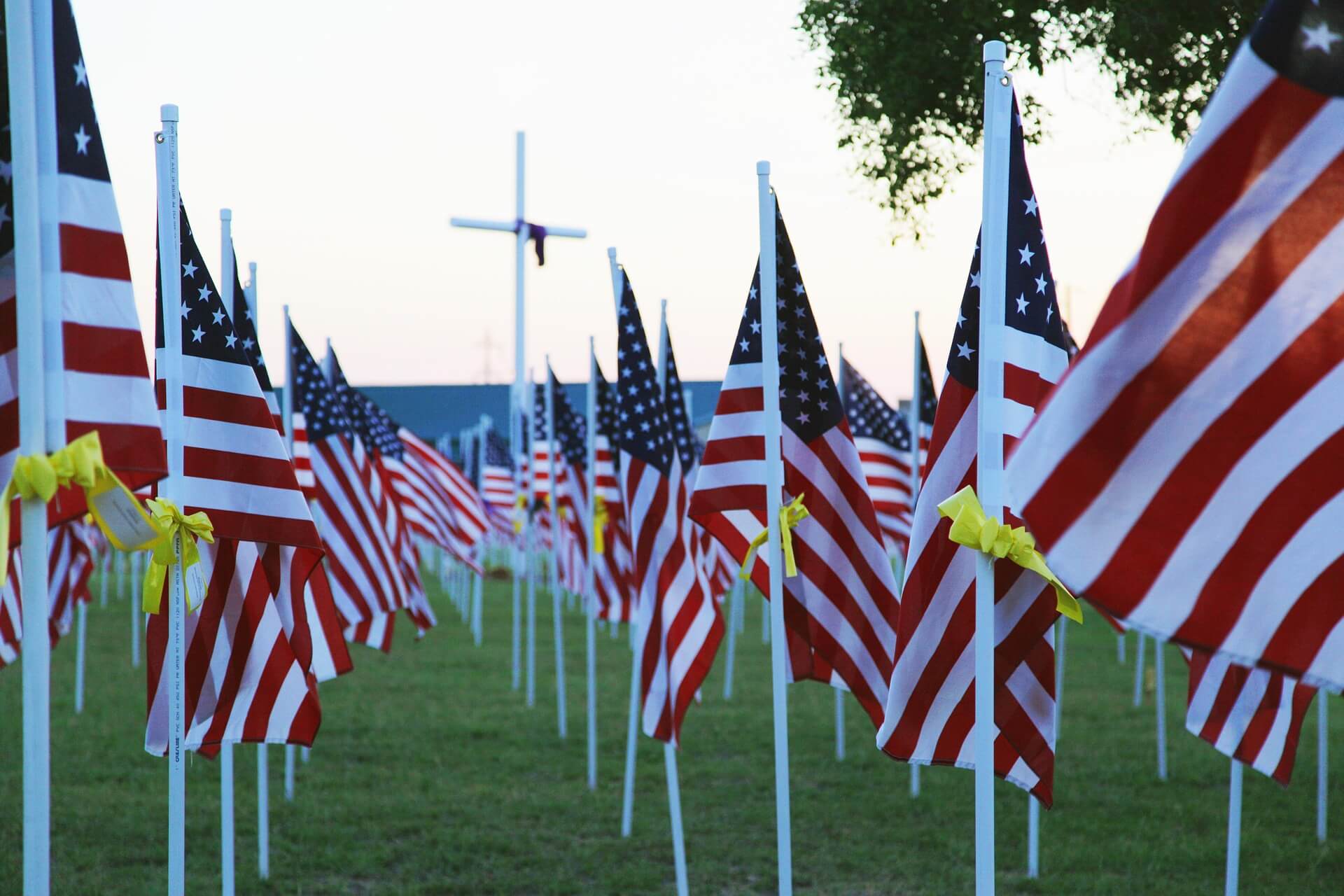Memorial Day stands as one of the most solemn and meaningful holidays in the United States. Each year, Americans come together on the last Monday of May to remember and honor the men and women who died while serving in the U.S. military. The holiday is not just a day for barbecues and sales—it is a time to pause, reflect, and give thanks to those who made the ultimate sacrifice for the nation’s freedom.
Table of Contents
Origins
Memorial Day began shortly after the Civil War, a time when communities across the country faced tremendous loss. Originally known as Decoration Day, the holiday started when people decorated the graves of fallen soldiers with flowers and flags. On May 30, 1868, General John A. Logan officially declared the first national observance of Decoration Day. That year, people gathered at Arlington National Cemetery, where they laid flowers on more than 20,000 graves of both Union and Confederate soldiers.
As time went on, the tradition spread and evolved. After World War I, Memorial Day expanded to honor all American military members who died in any war. In 1971, Congress declared Memorial Day a national holiday, to be observed on the last Monday of May. This change created a long weekend that many use for travel and leisure. However, the true meaning of the holiday remains centered on remembrance.
Traditions
Across the United States, families and communities take part in various Memorial Day traditions. Many people visit cemeteries and place American flags or flowers on the graves of fallen soldiers. Volunteers often decorate graves at national cemeteries, ensuring that no hero goes unrecognized.
Parades form another important part of the holiday. Cities and towns host events featuring marching bands, veterans’ groups, and Gold Star families—those who have lost a loved one in military service. At 3:00 p.m. local time, Americans are encouraged to pause for a National Moment of Remembrance. This moment allows everyone, no matter where they are, to stop and reflect on the meaning of the day.
The Meaning Behind the Sacrifice
Memorial Day serves as a powerful reminder that freedom is not free. Every right and liberty Americans enjoy comes at a cost. The soldiers honored on this day chose duty over comfort. They accepted the risks of military service and paid with their lives. Their courage and commitment form the foundation of the country’s strength and values.
Educators and parents often use the holiday as an opportunity to teach younger generations about history, sacrifice, and civic duty. These lessons help instill respect and appreciation for those who gave everything for their country.
Distinguishing Memorial Day from Veterans Day
Some people confuse Memorial Day with Veterans Day. While both honor military service, they serve different purposes. Memorial Day honors those who died in service to the nation. Veterans Day, celebrated on November 11, honors all who have served in the U.S. armed forces—living or deceased. Understanding the difference helps ensure that each day receives the recognition it deserves.
Memorial Day in Modern Times
In today’s fast-paced world, it’s easy to forget the purpose behind the holiday. Advertisements and sales often overshadow the day’s meaning. Yet many Americans still take time to reflect and pay tribute. Social media allows families to share stories of their fallen loved ones, spreading awareness and encouraging remembrance.
Organizations like the American Legion and Veterans of Foreign Wars (VFW) continue to support Memorial Day events. Schools, churches, and local governments also play a role by hosting memorial services and educational programs.
The Lasting Importance of Memorial Day
Memorial Day remains a vital part of American culture and identity. It reminds the country of the cost of freedom and the bravery of those who defend it. By taking time to honor fallen heroes, Americans keep their memories alive and pass their stories on to future generations. Memorial Day deserves more than just a day off—it deserves deep respect, solemn remembrance, and heartfelt gratitude.







